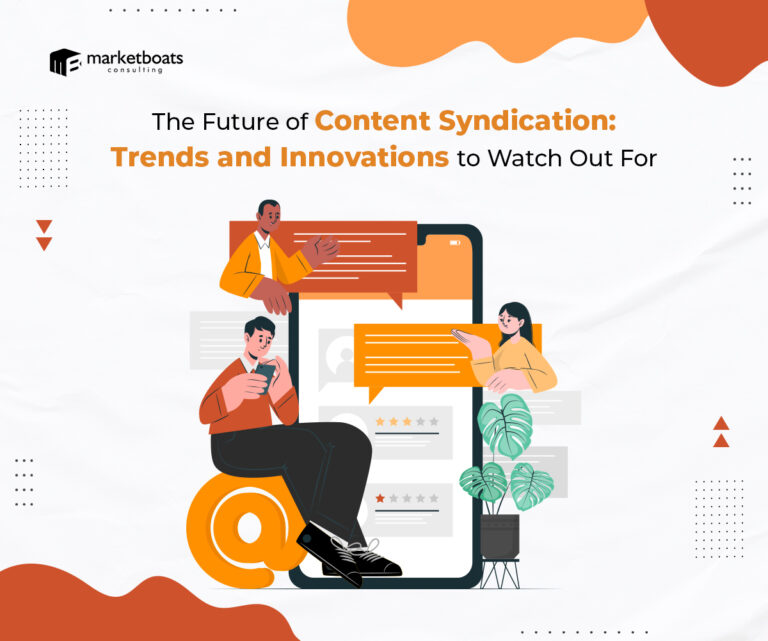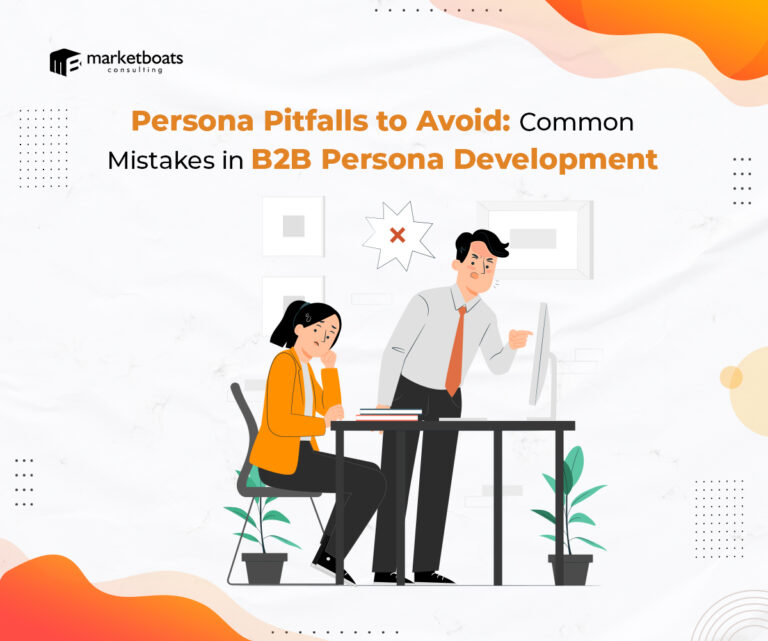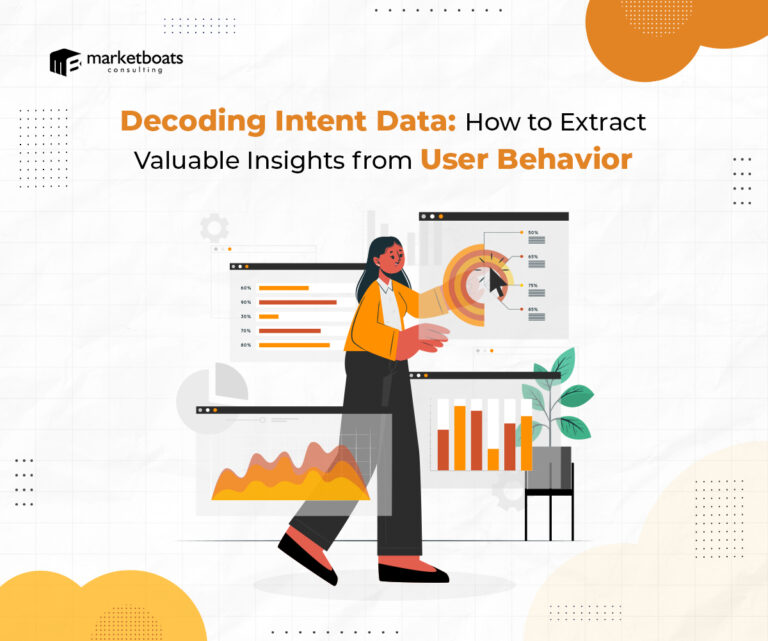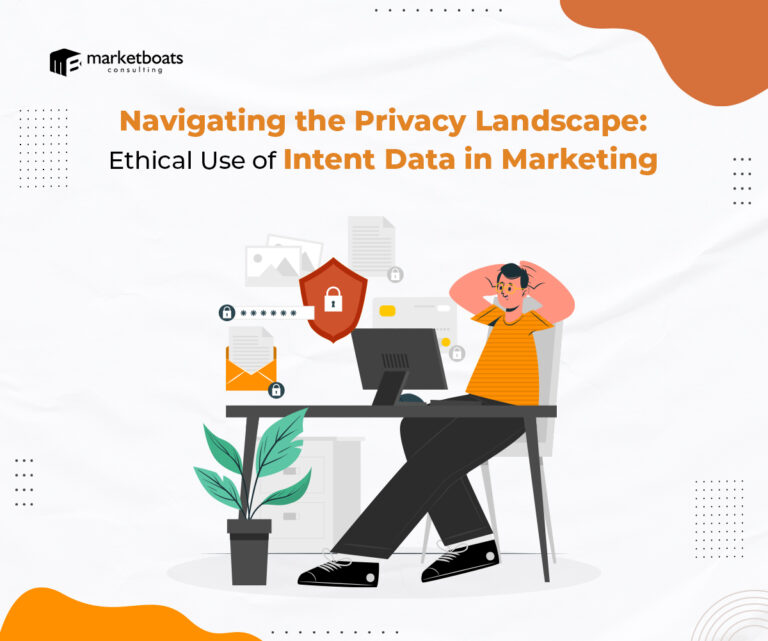Cybercrime seems to have become the norm of the day, isn’t it? With every single entity having a trail of digital footprints, there’s not one who is safe from the threat of cybercrime. Digitalization has made business operations cloud-based, every intellectual property is somewhere secured within a password and a bunch of codes.
In a world gone so heavily virtual, how do SaaS businesses ensure data security to win the trust of clients? As businesses increasingly rely on SaaS solutions to streamline operations, collaborate more efficiently, and access powerful tools, and cyber threats in SaaS increase, the protection of sensitive data can no longer be put on the back burner.
This blog is designed to help you understand SaaS data privacy and the security measures you can take to ensure data privacy.
Understanding Data Privacy in SaaS
Data privacy protects personal and sensitive information from unauthorized access, use, or disclosure. In the context of the SaaS industry, data privacy encompasses the measures taken to safeguard the confidentiality, integrity, and availability of data stored and processed within SaaS applications.
Importance of Data Privacy in SaaS:
Let us explain SaaS privacy protection and its importance:
Trust and Reputation: Customers entrust SaaS providers with their sensitive data, including personal information, financial details, and intellectual property. Failing to adequately protect this data can erode trust and damage the reputation of both the SaaS provider and its clients.
Legal and Regulatory Compliance: SaaS providers are subject to various data protection regulations to ensure they follow proper protocols and SaaS cybersecurity measures, such as the
- General Data Protection Regulation (GDPR) in the European Union, and
- The California Consumer Privacy Act (CCPA) in the United States.
SaaS privacy compliance with these regulations is essential to avoid legal liabilities, fines, and reputational harm.
Risk Mitigation: Data breaches and security incidents can have severe financial and operational consequences for SaaS providers and their clients. Implementing robust data privacy measures helps mitigate the risk of breaches and protects against potential losses.
Security Measures for SaaS
Encrypting data in the cyberscape is one of the most foolproof ways of securing data in SaaS cloud systems. SaaS data encryption serves as a bulwark against unauthorized access by transforming sensitive data into unintelligible ciphertext. Thereby, the invaluable customer data is made indecipherable to hackers.
Leveraging robust encryption algorithms such as AES (Advanced Encryption Standard) ensures data confidentiality during transmission and storage. This reduces the risk of interception or unauthorized disclosure.
You know how you get OTPs? Well, that is multifactor authentication (MFA). Let us explain — almost self-explanatory by its name, MFA requires users to authenticate and verify their identity using multiple factors such as passwords, biometrics, or one-time codes (OTPs) before allowing access to any intellectual property.
Furthermore, timely software updates and patches ensure security vulnerabilities and weaknesses are monitored and addressed, reducing the risk of exploitation by cybercriminals.
Building Trust Through Transparency
No matter which industry a business belongs to, the seeds of loyalty among customers are bred by a feeling of trust for the brand. In this digital age, what can be better to set you apart than customers trusting you?
To build this trust, you must use SaaS security best practices, and maintain transparency in data handling and processing by openly communicating how customer data is collected, stored, and utilized within the SaaS platform. This includes providing clear insights into the types of data collected, the purposes for which it is used, and any third parties with whom it may be shared.
Providing clear privacy policies and terms of service further enhances trust between SaaS providers and clients. Privacy policies outline the rights and responsibilities of both parties regarding data protection, including how personal information is safeguarded, how data subject rights are upheld, and the procedures for handling data breaches.
Likewise, terms of service mention the contractual obligations governing the use of the SaaS platform, including user responsibilities, limitations of liability, and dispute resolution policies.
Lastly, while you are being transparent about the usage of data, you must also reassure them of the SaaS cybersecurity measures being used to protect their data. Remember, the goal is to comfort, not scare away potential users. SaaS providers should articulate their security protocols, including encryption techniques, access controls, intrusion detection systems, and incident response procedures.
Cyber Threat Mitigation Strategies
For securing SaaS platforms and protecting data, you must be able to first identify the common cyber threats faced by SaaS platforms.
Cyber Threats: A Short Guide
To give you some direction, we’ll list some of these threads to give you a heads-up (we’re nice that way!).
- Phishing attacks
- Data breaches
- Ransomware attacks
- Malware infections
- Credential stuffing
- Zero-day exploits
You may need to be made aware of the meaning of some of these terms. While you can always explore them better with one simple search, we’ll briefly introduce these concepts to you.
Phishing attacks cunningly deceive users into divulging sensitive information through fraudulent emails or websites, exploiting human vulnerabilities. Data breaches gain unauthorized access or exposure to confidential information, compromising data integrity and confidentiality. Ransomware strikes immobilize systems by encrypting vital data and demanding ransom payments for decryption keys. Malware infections pose virus threats, spreading harmful software that compromises system functionality and data security. Credential stuffing uses stolen login credentials to breach accounts, exploiting weak authentication practices. Lastly, zero-day exploits make use of previously unknown vulnerabilities, bypassing existing security measures and enabling unauthorized access to sensitive data.
What should give you a rather good idea of how dark the digital world can get and why security is non-negotiable is that this was a rather nonexhaustive list. There are several other ways to hack into your systems, such as social engineering attacks, SQL injection, cross-site scripting (XSS), distributed denial-of-service (DDoS) attacks, spoofing, backdoor trojans, and the list goes on… you get the idea, right?
Planning Your Security System
Once you know what the threats are, it’s time to design your warhorse and devise your security plan. So, the next step is developing incident response plans.
These plans should outline clear protocols for detecting, containing, and remedying security incidents promptly. Key components of incident response plans include establishing a dedicated incident response team, defining roles and responsibilities, implementing communication channels for stakeholders, and documenting procedures for incident analysis and post-incident review.
Conclusion
While you may have the best SaaS product in your offerings, it’ll not be enough to seal the deal unless you can make a promise of data security and keep your word. Once you build your reputation as a trustable brand, your loyal customers will help drive your conversions by acting as ambassadors.
However, as much as you need to be great with services and security for your customers to hear about your brand and all the good things people say, you need an amplifier — a strong marketing strategy. But with so much to take care of, who wants another serving on the table?
Marketboats can save your day! Our experts will take care of spreading the word across the world about your reliability and every other positive aspect of your brand with strategically planned marketing schemes. So, contact us today and command your industry – locally and globally.





